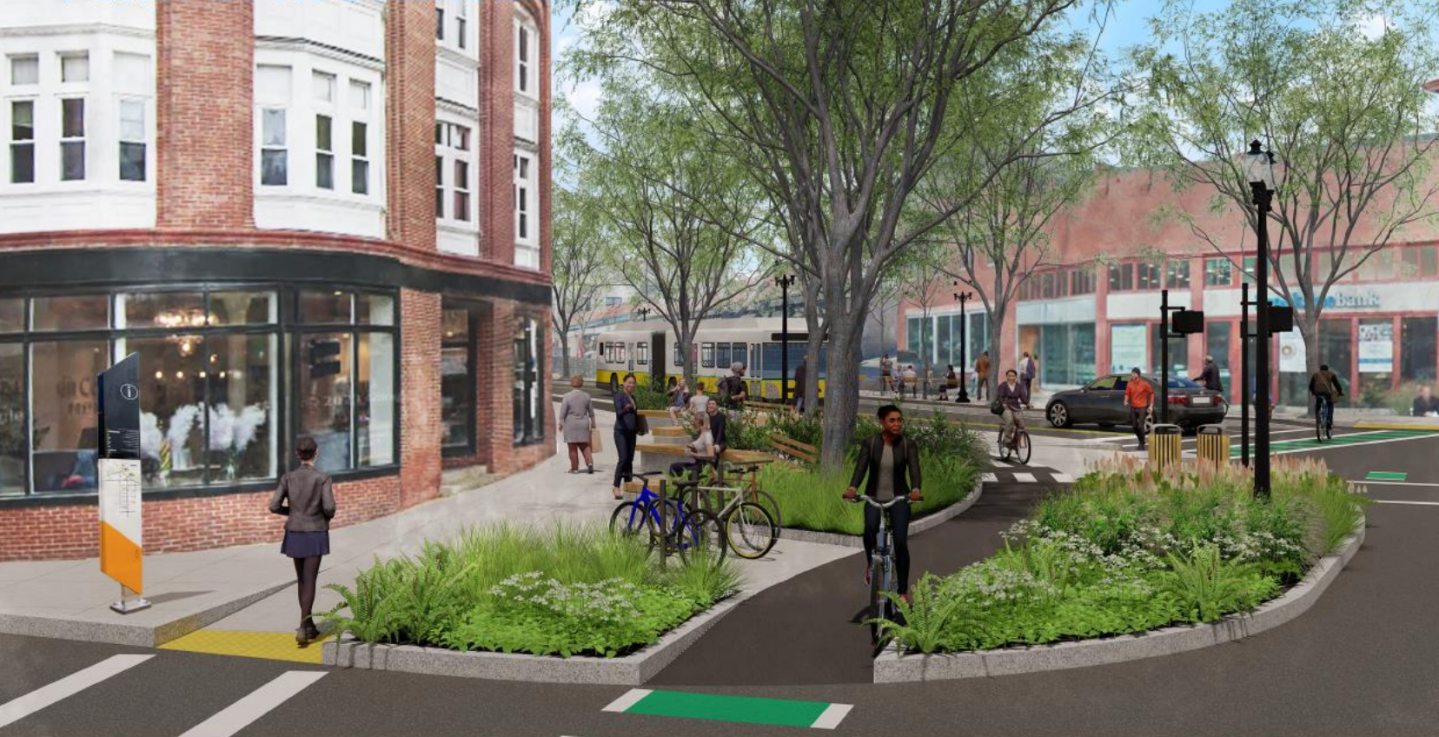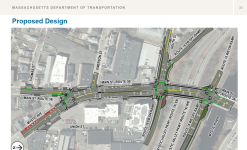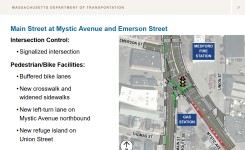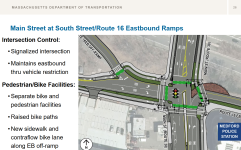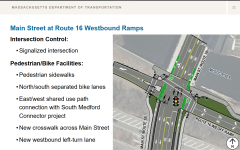Generally these allocation bills require the states to have defined projects for the funds to support.
It takes time for the states to spin up the projects for the funds requests (the bills also include lots of rules about the nature/features of the projects). Feds cannot just send funds out into the ether.
The article says it is the Commonwealth that has been slow in distributing the funds, not the Feds.
I understand why it happens, and I understand this leg of it is on the state. Perhaps it would have been better worded as "the single greatest failure of Democrats over the past four years." - the process for getting the funds out is onerous and far too cautious. Fear of funding even one single non-optimal project has led to delays, confusion, and ironically made everything more expensive because of that time cost.
If we're going to unpack this it's better suited to another thread, but what it boils down to is everyone knows we have a massive infrastructure backlog in this country. We have no shortage of projects. Several years going by in between funding being appropriated and projects breaking ground is a policy failure and a political disaster, the lessons of which should have been learned after the Obamacare rollout.




